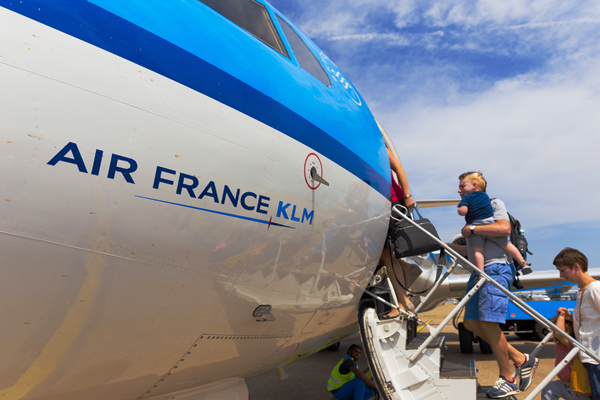European airlines are increasingly finding themselves at a competitive disadvantage to non-EU carriers due to growing regulatory costs and geopolitical challenges.
As aviation leaders voice their concerns, the need for a balanced regulatory framework becomes increasingly evident.
European carriers are at the forefront of leading initiatives towards sustainable aviation, despite the financial implications.
The commitment to greener technology and fuel usage aligns with global environmental goals but poses an economic challenge. EU airlines are investing heavily in sustainable aviation fuel as part of their decarbonisation strategy.
Airlines feel the financial implications are not equally shared, leading to calls for international alignment on environmental obligations. Critics argue that this disparity creates an uneven competitive landscape.
The European aviation market is undergoing transformative changes, influenced by regulatory costs, geopolitical factors, and competitive pressures.
Stakeholders are emphasising the need for strategic adaptations and innovations to navigate these challenges effectively.
With ongoing advocacy for policy reforms, the future of European carriers depends significantly on how these dynamics are managed.
The current landscape poses substantial challenges for European airlines, demanding strategic adaptations and regulatory reforms.
To secure their future competitiveness, these carriers must navigate an uneven market while championing environmental responsibilities.

